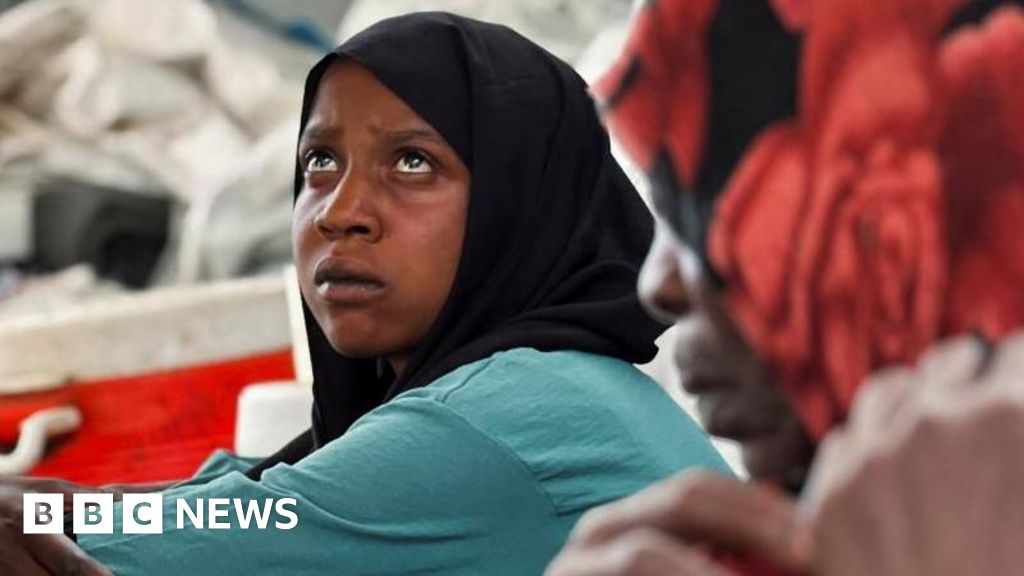Misdiagnosed dad had to wait nine months to see GP but died of cancer

A grieving widow has told how her late husband waited more than nine months for a GP appointment before being diagnosed with cancer.
Michelle Bradely, 38, is now urging others to be more persistent with their GPs after husband Stuart, 42, died of pancreatic cancer in September.
Stuart, father of Kayla, 13, Paige, 9, and Blake, 4, had been experiencing severe back pain, low mood, anxiety and changes to his bowel habits for months.
But his symptoms were misdiagnosed as the nerve condition sciatica in May 2024 by a GP over the phone, when he in fact had pancreatic cancer.
Widow Michelle, of Dromara, Co Down, Northern Ireland, said: “We didn’t know they were symptoms or were connected.
“Stuart was just so unwell and in such extreme pain he put on a brave face for Paige and Blake’s birthdays in May.
“He was hardly able to leave the house.”
It wasn’t until June 19 – nine months after his pain started – that Stuart was finally able to get an in-person GP appointment.
It was then that he was diagnosed with blood clotting in his legs.
Michelle said: “Stuart was very ill. He had no energy, his skin was yellow. He was sweating profusely.”
A lung scan a week later found a cancerous mass on top of his liver.
Stuart was diagnosed with inoperable pancreatic cancer as well as multiple lung clots, and he was sent home with pain killers.
Michelle said: “I had no idea what to do. It was very frightening for the children too.
“We had to tell them about daddy’s cancer without even having the full information ourselves.
“One night, Stuart was in excruciating pain. The pain killers weren’t working.
“Paige, our middle child, stood at the top of our stairs crying saying ‘I don’t want daddy to have cancer.’
“I felt so helpless as a wife and a mother as I could do nothing to ease Stuart’s pain or Paige’s worry.
“I was exhausted trying to look after Stuart, advocate for him and keep things normal for the children, as well as having to be up during the night with Stuart.”
Michelle described her late husband, who worked as a roofer, as having a ‘larger-than-life personality’.
She said: “He was one-of-a-kind, full of fun, and hilariously funny.
“Stuart had a special way with people. He was an amazing hands-on Dad too.
“The children were his pride and joy.”
Now, Michelle is working with NIPANC, a Northern Ireland charity working to raise awareness of pancreatic cancer.
The charity got in touch with the family after Stuart was diagnosed with an infection six weeks post-diagnosis, putting her in touch with another woman who had gone through similar trouble.
Michelle said: “I had never heard of the charity until this point. Within a couple of days Susan Cooke contacted me.
“She had lost her husband Colin to pancreatic cancer. It was the very first time I felt heard and understood.
“I can’t describe how helpful it was to speak to someone who knew what we were going through.
“NIPANC deposited £500 in our bank account to allow us to make special memories.
“We were referred for counselling support which NIPANC co-fund with Cancer Focus NI and a family photoshoot was organised.
“Stuart went into the hospice three days after the pictures were taken and died two weeks later.”
A Department of Health NI spokesperson said: “Despite a challenging budget, significant progress has been made to deliver a wide range of key cancer strategy actions, which include two Rapid Diagnosis Centres (RDCs) delivering a vague symptoms pathway for people across the region, with vague but worrying symptoms which may be cancer.
“Northern Ireland was the first part of the UK to implement an optimal care pathway for pancreatic cancer patients following a partnership approach with Pancreatic Cancer UK and NI charity NIPANC.
“A directory of cancer support services has been developed to help signpost those impacted by a cancer diagnosis to support services in their area.
“Undoubtedly, there is more to be done, and additional founding is required, however, the cancer strategy is already starting to deliver benefits for cancer patients across Northern Ireland.”
World News || Latest News || U.S. News
Source link



